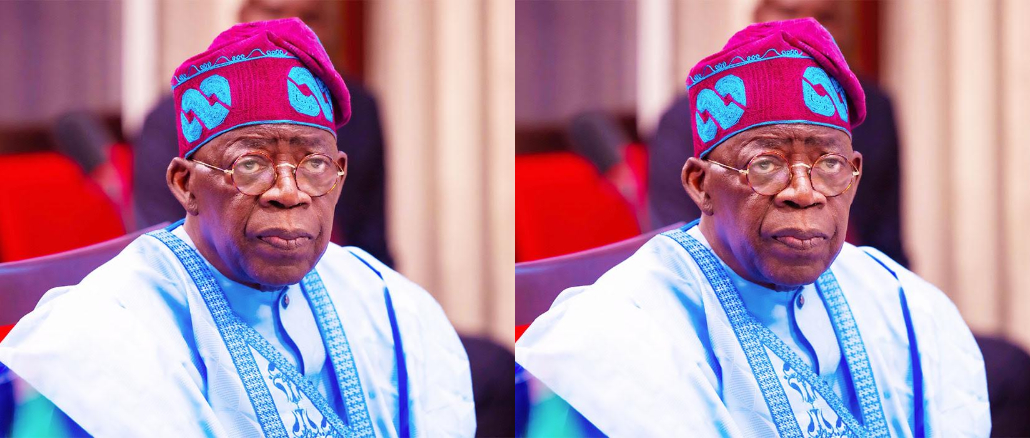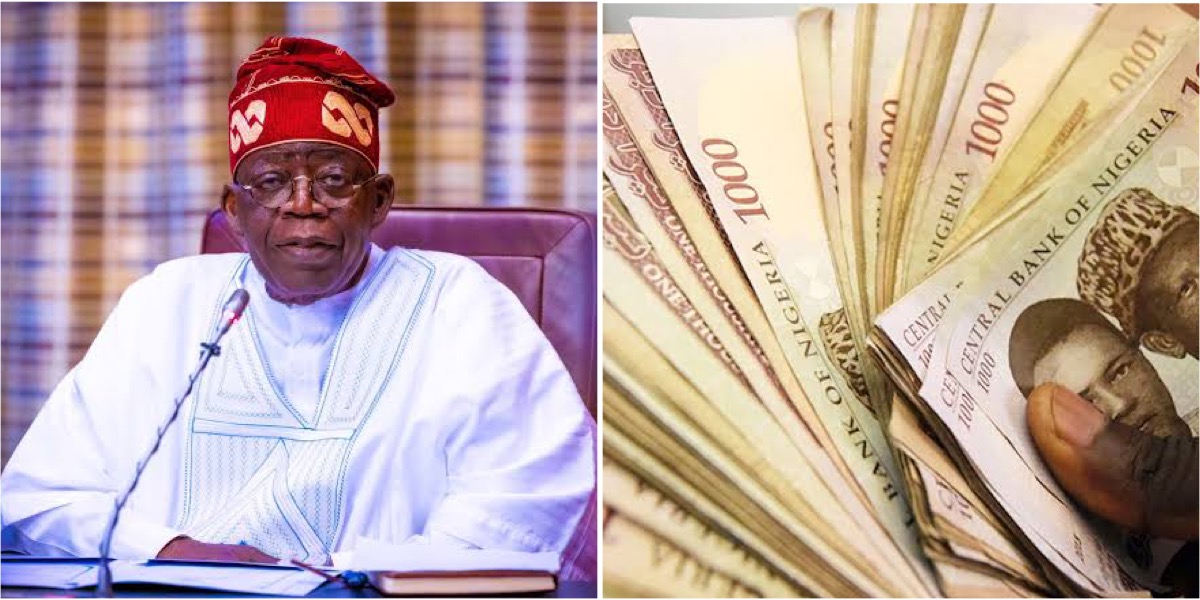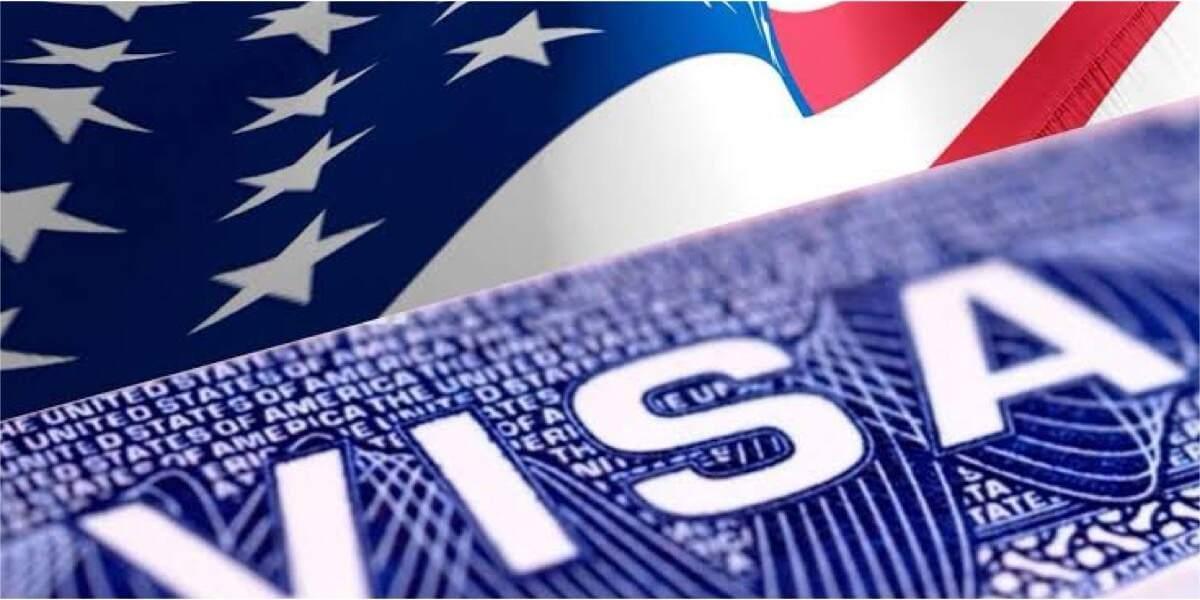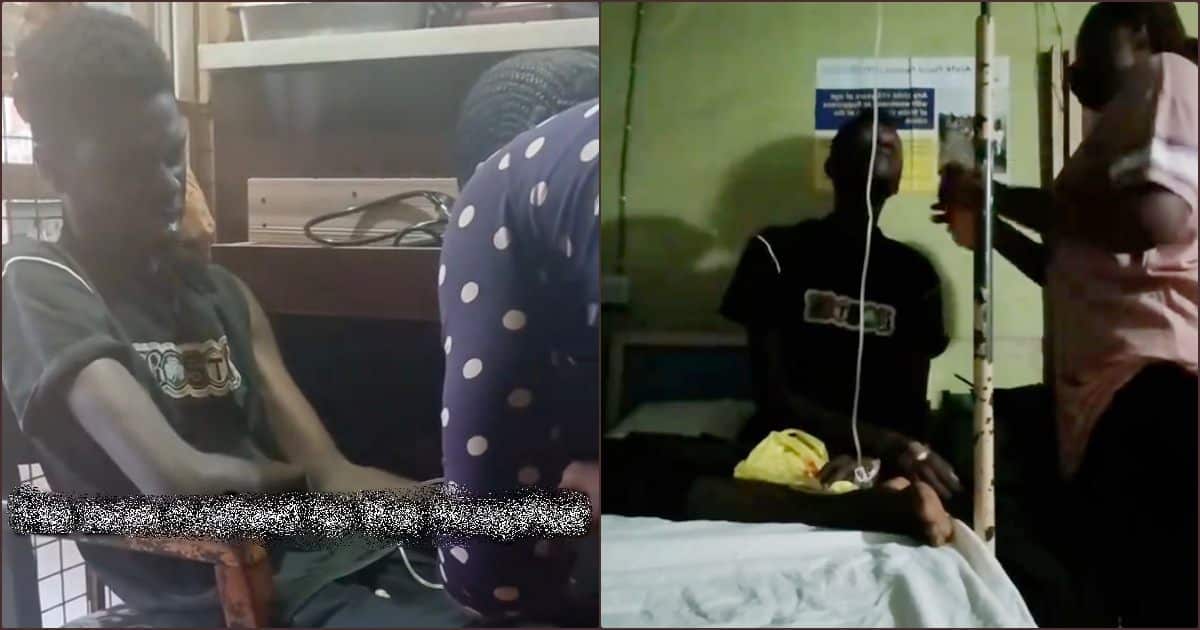- President Bola Ahmed Tinubu celebrated his second anniversary in office on May 29, 2025.
- His national address highlighted key achievements in stabilizing Nigeria’s economy.
- The administration has made significant improvements in enhancing national security.
On May 29, 2025, President Bola Ahmed Tinubu marked his second year in office with a national address focused on the strides made by his administration in stabilizing Nigeria’s economy, enhancing security, and preparing the country for future growth.
Reflecting on his tenure, Tinubu reminded Nigerians of the challenges he inherited and the decisive actions taken early on. “Two years ago, you entrusted me with the sacred responsibility to lead our nation at a time of historic challenges,” he said. “Together, we have faced these headwinds with courage and determination.”
Among the administration’s first major steps were the removal of the fuel subsidy and the unification of the foreign exchange rate. The president explained the rationale behind these reforms: “It was apparent that if the Federal Government and the other two tiers of government must remain viable and cater to the citizens’ welfare, we must do away with decades-long fuel subsidies and the corruption-ridden multiple foreign exchange windows. The two were no longer sustainable and had become a chokehold on our nation’s neck, strangling our future.”
Though these policies were met with criticism from some quarters for increasing living costs, Tinubu maintained they were necessary to avoid economic collapse. “I must restate that the only alternative to the reforms our administration initiated was a fiscal crisis that would have bred runaway inflation, external debt default, crippling fuel shortages, a plunging Naira, and an economy in free-fall,” he asserted.
Highlighting positive economic indicators, the president noted, “Our economy is growing steadily and we are building a future of prosperity and renewed hope,” with Nigeria’s GDP growing by 4.6% in the last quarter of 2024 and 3.4% annually.
On fiscal matters, Tinubu reported improvements, including a narrowed deficit from 5.4% of GDP in 2023 to 3.0% in 2024, driven by “improved revenue generation and greater transparency in government finances.” He further stated, “In the first quarter of this year, we recorded over N6 trillion in revenue,” and emphasized that the discontinuation of Ways and Means financing has helped ease inflation.
Investment in the oil and gas sector has also grown, with “over $8 billion in new investments” and a 400% rise in rig counts compared to 2021.
The president also spoke about social reforms and infrastructure development, noting expanded health coverage and revitalization of over 1,000 Primary Health Centres, as well as the construction of major roads such as the Lagos-Calabar Coastal Highway and the Second Niger Bridge Access Road.
Security gains were underscored as well, with Tinubu stating, “In some areas of the North-West, hitherto under the control of bandits, our gallant armed forces have restored order, reducing and eliminating threats to lives and livelihoods.” He praised the courage of the nation’s security personnel and their ongoing efforts.
Looking to the future, Tinubu highlighted plans for the Motherland Festival, an international cultural event designed to showcase Nigeria’s rich heritage and strengthen ties with the diaspora. He noted new policies such as the diaspora bond and non-resident BVN to encourage global Nigerian participation.
“The Nigerian Diaspora plays a vital role in our national transformation,” the president said. “Their expertise, investment, and global perspective are key to shaping the future we seek.”
Despite criticism from opposition parties, including the Peoples Democratic Party and Labour Party, President Tinubu expressed gratitude for Nigerians’ patience and reaffirmed commitment to building a stronger, more stable Nigeria.




